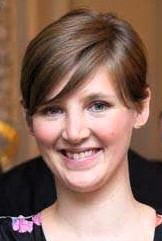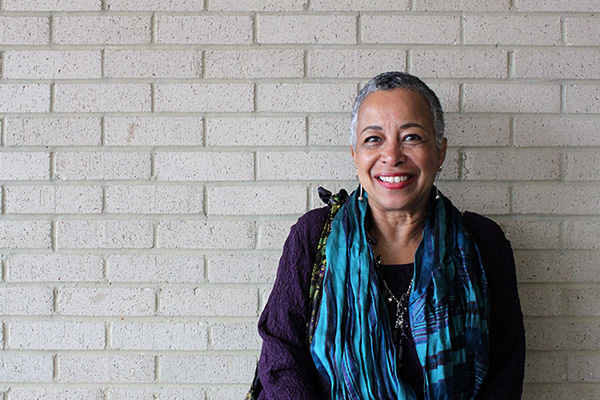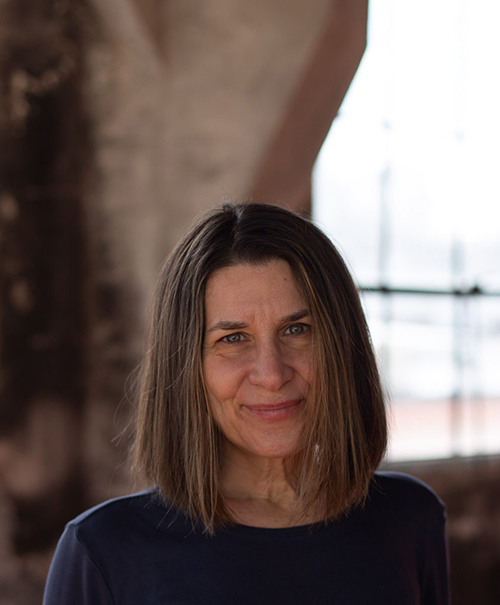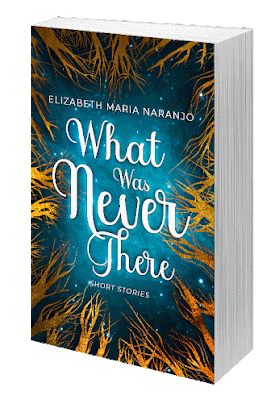Today I'm excited to host a reader review event for Karen Jones Gowen's
We Burned Our Boats!
About the Book:
Bruce and Karen Gowen are facing a retirement that neither one wants. Bruce can't imagine life without employment. Karen wants change, adventure, a chance to spread her wings and fly away after thirty years of raising their large family.
Their opportunity comes in a way they can both support: helping their daughter and son-in-law with a hotel project in Panajachel, Guatemala.
Never ones to do anything half way, the Gowens sell everything, including one of their businesses. What they can't sell, they give away. With their worldly possessions down to two checked bags and two carry-ons each, they fly one way to Guatemala City. Then on to Panajachel, a tourist town on scenic Lake Atitlan, in the southern highlands of Guatemala.
Here they begin their new life, a time filled with incredible experiences, tough challenges, and unexpected adventure in one of the most beautiful settings on earth. A place where the Maya culture permeates the land. A land and people that will transform anyone fortunate enough to encounter the magic of these hills in Guatemala.
Publisher: WiDo Publishing (January 18, 2024)
Language: English
Paperback: 306 pages
ISBN-10: 1947966685
ISBN-13: 978-1947966680
Here's what WOW! readers thought:
Sara says: When starting this book I felt like I might struggle reading it. I’m new to reading for fun and have found thrillers keep my attention. Picking up this catchy title surprised me within the first couple chapters. I found myself dreaming of being in the writer’s shoes. I envy how she was able to let go of her possessions and start over. I’m in my mid 40s and have lived in a small town all my life. I cannot even imagine a different country. This book was amazing. I felt hope, promise, fear, hurt, struggle, love, and so many more emotions. Although I do not see myself ever taking a leap as Karen did, this past week of reading gave me such amazing adventure. I didn’t like setting my timer and quitting when it went off. By the second night I wanted to read to the end.
If you are feeling stuck in your life, pick up this book. It was so energizing. So much adventure in so little time. Family always wins. Karen, I envy how Bruce saw the light.
Joan says: This is a realistic account of leaving everything behind and traveling to a new country upon retirement. Their experiences were not always the wonderful adventures they had anticipated. Be ready to encounter some difficult family tension. (Read the full review here:
https://www.goodreads.com/book/show/203123046-we-burned-our-boats)
Linda says: I really, really enjoyed the adventures of Karen and Bruce in Guatemala. I loved Karen’s “warts & all” descriptions of life as an expat in a country that is so different from their life in the USA. The dynamics between Bruce, Karen and their son in law had me in hysterics at times, but I can understand how frustrating it must have been at the time. I think my favorite part was Karen’s first jaunt on the paddle boards with said son in law - although I admire Karen’s bravery for attempting paddle boarding in the first place. My friends do it down my local river …. I’m too much of a scaredy-cat! 😊 Being an avid traveler, for real and as an “armchair traveler”, it made a refreshing change to read about a country not on the main tourist track - maybe more popular with Americans but I am from the UK. I have been close to the Guatemala border, in Mexico, so I loved remembering my time there, whilst reading the Gowan’s adventures. The descriptions are such that I could almost smell the spices through the pages….all in all, an excellent travelogue/memoir. 😊
Katherine says: I found the title of the book was mysterious and I wanted to know more. The synopsis made the book sound like it was full of exciting experiences. I was intrigued so and happy when I got an eARC. I've never been any area of Central, or South, America. I'm passionate about Hispanic culture and fluent in Spanish.
We Burned Our Boats is told openly and honestly. It's immediately visual and immersive, and I felt as if Brain and Karen Gowan had invited me along for the journey. I really liked them and their family members. I was happy that they decided to put their family first and go on an adventure.
We Burned Our Boats is truly a testament to what turned out to be an unforgettable experience and to Karen, Brian and their family and the people they met along the way. It shows what can happen if you take a chance to make a change.
We Burned Our Boats is an excellently written memoir that I will not forget.
5 stars but it deserves more.
Melissa says: Many people - me included – fantasize about giving up everything we know and going on a mad adventure in another place. Most of us never do so, but Brian and Karen Gowan did, and their story is chronicled in We Burned Our Boats.
Part adventure-travel memoir, part personal examination, part analysis of a marriage and a life, the Gowans' story has it all: love, fear, courageous acts, and international intrigue. Okay, maybe more like being intrigued by new customs and habits. It's an easy read, and very vividly related. Karen's writing makes you feel like you're with them on their journey.
I've never really considered relocating to Guatemala (my fantasies typically involve Fez or Marrakech), but this book made me almost – almost – consider it.
I recommend We Burned our Boats to anyone who loves memoirs or travel, or travel-memoirs.
Goes well with tostados and Moza dark lager.
Stephanie says: Karen and Bruce are facing retirement and made a drastic decision to move to Guatemala to help their daughter and son-in-law open a hotel in Panajachel. They 'burned their boats' and either donated or sold everything they owned and went all in on their new plan. There was no turning back. This book chronicles that story with such detail that I could see the termites, smell the tamales and hear the foreign sounds. Rather than a lofty memoir with messages of transformation and deep learning, it's a day-to-day account of what it was like to literally begin a new life together. I was struck by their adventurous spirits, their devotion to family, their love for one another and their attitude of living life to the fullest surrounded by what matters most.
Crystal says: I absolutely loved the inspirational book We Burned Our Boats by Karen Jones Gowen. I was looking for a book that was well written and would provide inspiration and this read checked all the boxes for me. Take a risk, live your life, and keep looking forward – this was absolutely a 5 star book that I will tell my friends and family about!
About the Author Karen Jones Gowen
Born and raised in central Illinois, Karen Jones Gowen attended
Northern Illinois University in DeKalb and the University of Illinois in
Champaign-Urbana. She transferred to Brigham Young University, where she met
her husband Bruce, and there graduated with a degree in English and American
Literature.
Karen and Bruce have lived in Utah, Illinois, California and
Washington, currently residing in Panajachel, Guatemala. They are the parents
of ten children. Not surprisingly, family relationships are a recurring theme
in Gowen's writing. She is the author of eight books.
***** BOOK GIVEAWAY *****
Enter to win a copy of the memoir We Burned Our Boats by Karen Jones Gowen! Fill out the Rafflecopter form for a chance to win. The giveaway ends June 23rd at 11:59 CT. We will choose a winner the next day and announce in the widget and also follow up via email. Good luck!










.jpg)









